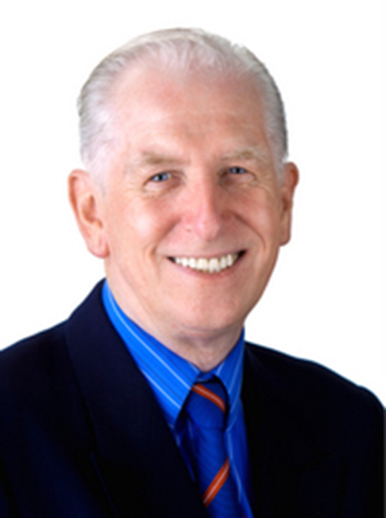By Dr Charles Margerison
Psychologist
I follow trends in education, particularly via the posts made by teachers on LinkedIn.
During 2023, I noted the following issues;

I have looked at ways by which educators can address the above issues, based on the study of over 500 amazing achievers that I have researched.
There are important action applications that can be made based on the patterns of those who have made amazing contributions in science, medicine, art, music, engineering, architecture, literature and business.
Students can learn from the career achievements of people like Dr Louis Pasteur and Dr Marie Curie, who made breakthroughs in medical science.
They can benefit from understanding the thinking of leading entrepreneurs such as Thomas Edison, Sarah Breedlove, Coco Chanel, William Lever and, more recently, Steve Jobs and Bill Gates.
Students can gain inspiration from understanding the ideas of Thomas Telford and Isambard Brunel, the great engineers. Their work is remarkable, as they did not have computers and electricity to help them.


Each of the amazing people developed their own formula for success. By studying the processes used, students can develop their own character strengths that will give them a better chance of succeeding in a competitive world. For example, students can learn how amazing people used their time, how they organized themselves and others, and the ways they negotiated to gain resources.
Therefore, in association with colleagues, I have developed educational resources to help students be inspired by amazing achievers. These are available at www.amazingpeopleschools.com
This is a platform that encourages students to share and compare, via small group discussions and a large suite of lessons and resources, and explore ideas on how to improve.
The concept of continual improvement is the central learning point gained from all the amazing achievers that I have studied. Each of the amazing people had challenges and difficulties during their lives. These did not deter them. In most cases, it was the motivator to try harder.
Therefore, we need to let students know that amazing people:
We also need to let students know that, with a ‘can do’ approach to learning, they can convert their ideas into action. To do so, tutors can ask students to discuss, not only the theory of achievement, but also provide opportunities for practice.
One key question I have found useful to facilitate improvement is to ask students to write a personal note to themselves after a project.
The question is – ‘What did I learn about myself from the project?’


This can be followed up by asking students to indicate; ‘How will I use that learning in the next project?’
For example, it could be that the student could be more effective at research or learning how to coordinate others in teamwork.
One thing we know about amazing achievers is that they focused on areas of work that they enjoyed. Some concentrated on research, such as Marie Curie and Louis Pasteur. Other high achievers like Edison and Brunel focused on developing and applying technology. Some people, like Gandhi and Mandela, devoted their efforts to political and social change.


Therefore, we should provide students with different forms of simulated and real experiences, so that their career and life choices are better informed.
That is the focus of our work at Amazing People Schools, where we encourage learning via discussions and exploration using our vast suite of resources. This supports students in developing their own character and skills to thrive in life at school and beyond.


Dr Charles Margerison, President and founder of Amazing People Worldwide, is a Psychologist. He is also President of Amazing People Schools. Dr Margerison has consulted widely for major organizations in the fields of organizational and educational psychology. He was previously Professor of Management at Cranfield University, UK, and the University of Queensland, Australia. He founded Amazing People Worldwide in 2006 and is supported by a dedicated global team. He previously co-founded Emerald Publications, and Team Management Systems and has authored more than 30 books. He has created the Amazing Career Achievers Library, which records the life stories of amazing people. Dr Charles is also the creator of ‘Can Do Kids Band’, a virtual music group that helps students to learn about countries and cultures through music. He has also developed Imagineland, for early learners. You can follow him on Linked in .
For more information, please email info@amazingpeopleworldwide.com
Websites:






Copyright © 2021. Amazing People Worldwide.
All Rights Reserved.
This site is protected by reCAPTCHA and the Google
Privacy Policy and Terms of Service apply.



